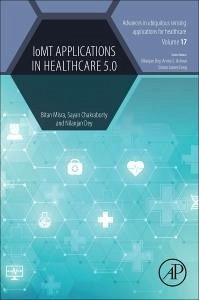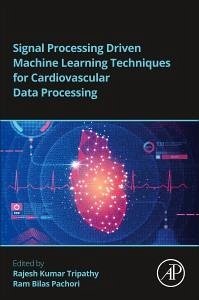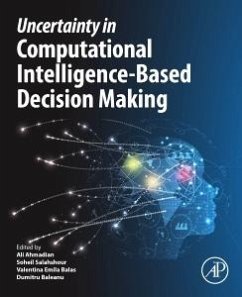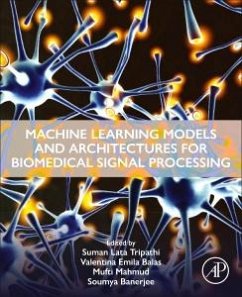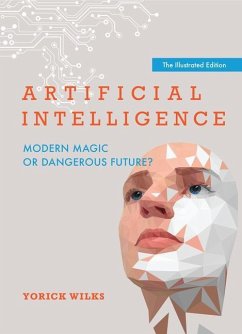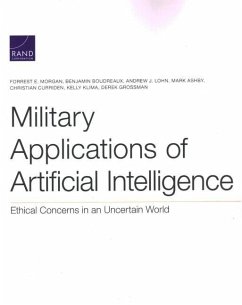Nicht lieferbar

Artificial Intelligence Strategies for Early Intervention in Neurodegeneration
Versandkostenfrei!
Nicht lieferbar
Artificial Intelligence Strategies for Early Intervention in Neurodegeneration addresses the challenges surrounding the implementation of AI-based diagnoses of neurological disorders. These challenges include the lack of large, high-quality datasets, the necessity for standardization of data collection and analysis protocols, technical hurdles in developing accurate and reliable AI algorithms, and the requirement for regulatory approval and integration into clinical workflows. The book's content provides guidance to researchers on how to develop and integrate AI algorithms and biomarker analys...
Artificial Intelligence Strategies for Early Intervention in Neurodegeneration addresses the challenges surrounding the implementation of AI-based diagnoses of neurological disorders. These challenges include the lack of large, high-quality datasets, the necessity for standardization of data collection and analysis protocols, technical hurdles in developing accurate and reliable AI algorithms, and the requirement for regulatory approval and integration into clinical workflows. The book's content provides guidance to researchers on how to develop and integrate AI algorithms and biomarker analysis into their workflow, leading to a significant change in disease diagnosis. These techniques involve the analysis of physiological signals and images to identify patterns associated with specific diseases, and how AI algorithms can analyze medical imagery and movement and speech patterns to identify early signs of neurodegenerative diseases.




